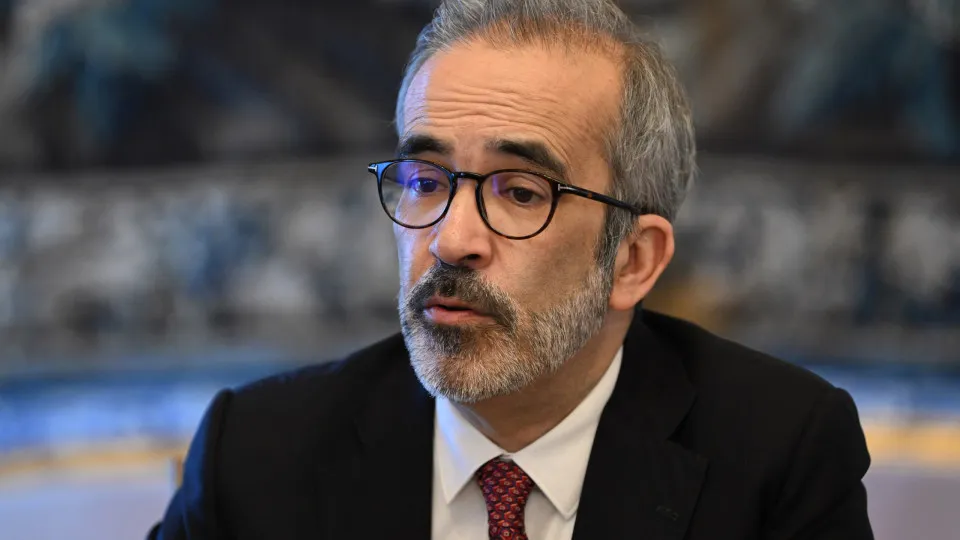
The Portuguese government, from the outset, even before the ‘shutdown’ occurred, was in contact with the United States Embassy in Lisbon to try to prevent any impact, which unfortunately could not be contained,” stated Paulo Rangel at the Assembly of the Republic in response to a question from the communist parliamentary leader, Paula Santos, during the joint hearing on the State Budget for 2026 (OE2026) of the Budget, Finance, and Public Administration committees, as well as Foreign Affairs, Portuguese Communities, and European Affairs.
The executive aimed to mitigate the impact of unpaid salaries, a consequence of the partial shutdown of the U.S. administration that has now reached a record 36 consecutive days, by providing transport or food subsidies.
Portuguese workers at the Lajes Base, on Terceira island, working for USFORAZORES, did not receive their salary for the last fortnight on October 27th, and the previous payment was reduced by four days due to the partial U.S. government shutdown resulting from the lack of a federal budget approval.
Rangel noted the “strong receptivity” of the U.S. Embassy in Lisbon but remarked, “The embassy and the Portuguese state cannot change the political situation in the United States; we cannot interfere with Congressional votes.”
“We have been very active, always keeping diplomatic channels open,” he emphasized.
The minister stated that the central government “applauds” the decision of the Azores Regional Government to advance overdue wages through the Azores Social Security Institute (ISSA), which will resort to banking until the limit of 1.2 million euros, with the commitment that the Republic’s government will cover the operation’s costs.
When questioned about criticism from the regional government’s vice-president, Artur Lima, who today accused the Ministers of Foreign Affairs and Defense, Nuno Melo, of abandoning the Portuguese workers at the Lajes Base, Rangel played down the issue.
“Some tension or difference of opinion between central and regional governments is a constant in history and a hallmark of autonomy,” remarked the Portuguese diplomacy chief.




